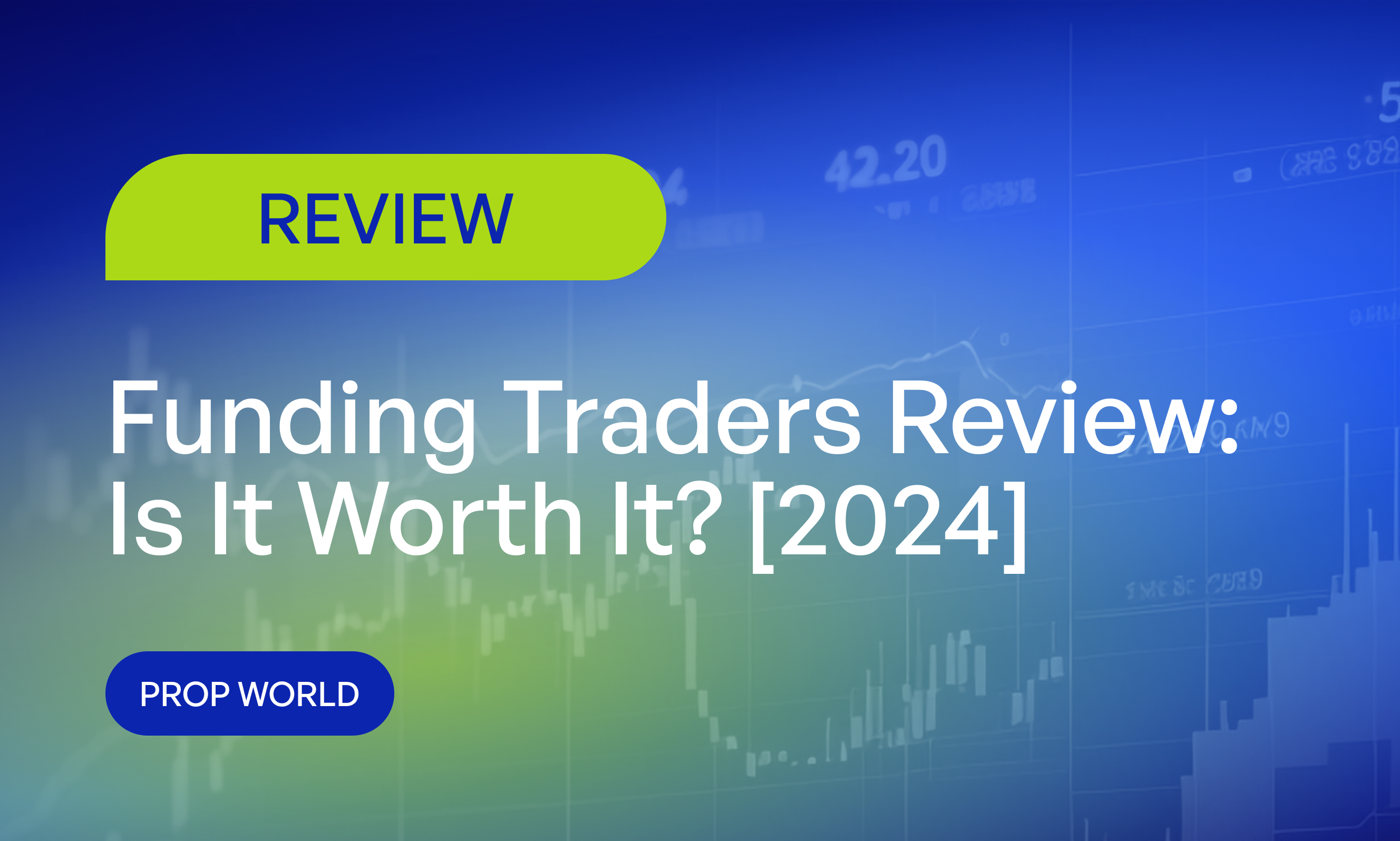
Mindfulness in Trading: A Path to Better Decisions and Success
Trading, whether in stocks, forex, or commodities, is often seen as a game of numbers and strategies. However, the human element, particularly the mental state of the trader, plays a crucial role in determining success. One powerful tool that has gained traction among traders is mindfulness. By integrating mindfulness into their routines, traders can enhance their decision-making processes, manage stress, and achieve better outcomes.
What is Mindfulness?
Mindfulness is the practice of maintaining a non-judgmental awareness of the present moment. It involves paying attention to thoughts, emotions, and sensations as they occur, without trying to change or suppress them. This practice, rooted in ancient meditation traditions, has been scientifically proven to reduce stress, improve concentration, and foster emotional regulation.
The Benefits of Mindfulness in Trading
1. Enhanced Focus and Concentration
Trading requires a high level of focus and the ability to process large amounts of information quickly. Mindfulness helps traders stay present and fully engaged with their trading activities, reducing the likelihood of distractions.
2. Emotional Regulation
The markets are inherently volatile, and traders often experience a rollercoaster of emotions, from elation to despair. Mindfulness teaches traders to observe their emotional responses without being overwhelmed by them. This emotional regulation is crucial in preventing impulsive decisions driven by fear or greed, which can lead to significant losses.
3. Improved Decision-Making
A mindful trader is more likely to make decisions based on rational analysis rather than emotional reactions. By cultivating a calm and centered mind, traders can approach their strategies with clarity and objectivity, leading to more consistent and profitable outcomes.
4. Stress Reduction
Trading is a high-stress profession, and chronic stress can impair cognitive functions and decision-making abilities. Mindfulness practices, such as deep breathing and meditation, have been shown to reduce stress levels.
5. Increased Resilience
The ability to bounce back from losses and setbacks is essential in trading. Mindfulness fosters resilience by helping traders accept losses as part of the process rather than as personal failures. This acceptance allows them to learn from their mistakes and move forward with a positive mindset.
Practical Tips for Incorporating Mindfulness into Trading
#1. Start with Short Meditation Sessions
Begin your mindfulness journey with short meditation sessions. Even five minutes of focused breathing each day can make a significant difference. As you become more comfortable, gradually increase the duration of your sessions.
#2. Develop a Pre-Trading Routine
Create a mindfulness routine to follow before you start trading each day. This could include meditation, deep breathing exercises, or a few minutes of journaling. Such practices can help center your mind and prepare you for the trading session.
#3. Practice Mindful Observation
Throughout your trading day, take moments to pause and observe your thoughts and emotions. Are you feeling anxious about a trade? Are you tempted to make a decision based on excitement? Recognizing these states can help you avoid impulsive actions.
#4. Use Mindful Breaks
Schedule regular breaks during your trading day to practice mindfulness. Step away from your screens, take deep breaths, and bring your awareness back to the present moment. These breaks can refresh your mind and improve your focus.
#5. Reflect on Your Trades
At the end of each trading day, take time to reflect mindfully on your trades. Consider what went well, what didn’t, and how your mental state influenced your decisions. This reflection can provide valuable insights for future trading sessions.
Conclusion
Incorporating mindfulness into trading is not about eliminating emotions or achieving a state of perpetual calm. Instead, it’s about developing a deeper awareness of one’s mental and emotional states and using that awareness to make more informed and rational decisions. By embracing mindfulness, traders can enhance their performance, reduce stress, and ultimately achieve greater success in the markets. As the famous saying goes, “The best traders are not those who are devoid of emotions, but those who can manage their emotions.” Mindfulness offers a powerful way to develop that emotional management and become a more effective trader.











